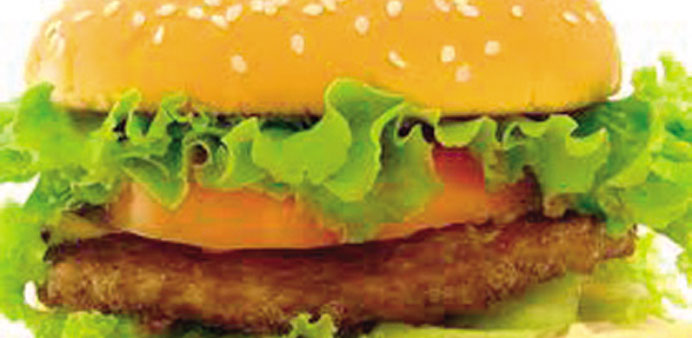“People in our country will have been very concerned to read this morning that when they thought they were buying beef burgers they were buying something that had horse meat in it”
Reuters/London
Horse meat found in beef burgers sold by Tesco was condemned by the Prime Minister yesterday and was likely to prove both embarrassing and costly for the firm.
“People in our country will have been very concerned to read this morning that when they thought they were buying beef burgers they were buying something that had horse meat in it,” said Prime Minister David Cameron in Parliament. “This is a completely unacceptable state of affairs,” he said, calling for an urgent investigation by the Food Standards Agency.
The scandal comes just a week after Chief Executive Philip Clarke said Tesco was “back on form” in Britain after beating analysts’ forecasts for Christmas sales.
Tesco had hailed a successful relaunch of its meat ranges as a contributing factor to its strongest sales growth in three years.
Shares in Britain’s biggest retailer fell as much as 1.7% yesterday, knocking £480mn ($772.33mn) off its market value, reacting to news late Tuesday that the Food Safety Authority of Ireland (FSAI) had found horse DNA in beef burger products sold by Tesco in the UK and Ireland.
The FSAI said beef burgers sold at Dunnes Stores, Lidl, Aldi and Iceland were also discovered to contain horse DNA. It said most of the affected burgers contained very low levels of horse DNA, but in one Tesco sample horse meat accounted for about 29% relative to the beef content.
Analysts said the news, emblazoned across the front pages of British and Irish newspapers yesterday and prompting an outbreak of horse jokes at Tesco’s expense on Twitter, e-mail and texts, was a public relations blow for Tesco.
“The news is likely to, at least temporarily, reduce consumers’ trust in the quality of Tesco’s products which is unhelpful at a time when Tesco is trying to rebuild customers’ trust in the quality underpinning Tesco own label and Everyday Value products,” said Espirito Santo Investment Bank analyst Caroline Gulliver.
“It is going to be damaging (to sales), there’s no doubt about that,” said another analyst who declined to be named.
Last Thursday Tesco said a £1bn turnaround plan for its home market was starting to work.
Clarke said the improvement reflected a series of initiatives, including a complete relaunch of fresh meat ranges.
The beef burger products which tested positive for horse DNA were produced by Liffey Meats and Silvercrest Foods in Ireland and Dalepak Hambleton in Britain. Tesco immediately withdrew from sale all products from its supplier, Silvercrest, which is owned by ABP Food Group, saying it was working with authorities and the supplier to urgently understand how horse meat came to be in the product.
“The presence of illegal meat in our products is extremely serious,” Tim Smith, Tesco’s group technical director said. “We understand that many of our customers will be concerned by this news, and we apologise sincerely for any distress.”
Food safety experts say horse meat poses no added health risks to consumers. However, the FSAI said the issue raises concerns about the traceability of meat ingredients. “In Ireland it is not our culture to eat horsemeat and therefore, we do not expect to find it in a burger,” said FSAI chief executive Alan Reilly.
Tim Lang, a professor of food policy at City University London, said the issue “does raise deep concerns.”. “Firstly, is it fraud? No label declared the horsemeat. Secondly, it appears to be adulteration, a cheaper meat being substituted for a more expensive one.
“Thirdly, and probably most importantly, this exposes failings in commercial food governance. Big retailers are supposedly in control of the food system, yet their management and contracts and specifications have been found wanting.”

